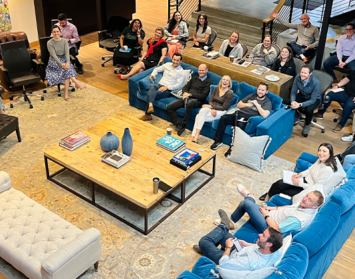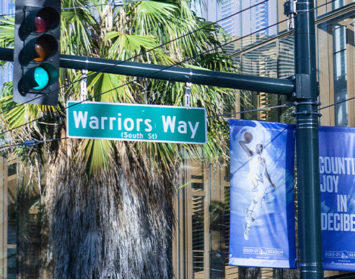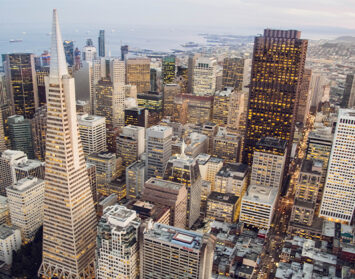Last month, this column topic centered on the bold moves San Diego’s next mayor will need to make upon taking office in December 2012. However, space limitations precluded a full airing of what I believe the next mayor’s priorities should be – as well as what they should not be.
Given the city’s strong-mayor form of governance, the upcoming mayoral election will determine whether San Diego will prosper or wither in the immediate years ahead. The next mayor will wield enormous powers in setting priorities and policies that will impact the city for many years to come.
While the winning candidate won’t assume the mayoral mantle for another 15 months, it’s not too early to raises the issues during the campaign as part of the mammoth task of raising awareness and educating voters about civic priorities.
There’s no better time to do so than during the primary and general election campaigns when voters will focus ever so briefly on the issues.
Here are some of the more specific issues that need to be addressed not only in campaign platforms but the new mayor’s work plan.
A new city hall – to build or not to build?
Once again, San Diego cannot afford the gleaming $300 million skyscraper that’s been bandied about by its advocates in recent months. However, that doesn’t mean the city’s space requirements can be ignored. They cannot. The city currently leases hundreds of thousands of square feet of office space in privately owned buildings throughout downtown. There is much brewing on the leasing front that needs to be responded to immediately, given a sluggish real estate economy that gives the city and its taxpayers an enormous competitive advantage. That will soon disappear as economic factors change. Large-space transactions typically take months to negotiate so time is of the essence to explore all the options available to accommodate the city’s space needs at significantly lower costs. I suggest all serious mayor candidates explore options and develop a strategy for leasing space that can be implemented immediately upon taking office.
Don’t forget where the city’s heart is.
For most major cities, the downtown area is the heart of its economic prosperity. As much as San Diego has prospered in recent decades, I still wonder what it could become if more large companies were to locate in the downtown 92101 Zip Code. A former civic leader once said something to the effect that he could detect a company’s loyalty and commitment to the city of San Diego by its Zip Code – where its headquarters were located. I tend to agree.
We have many well-established business and employment centers throughout the metropolitan area, but they didn’t come to pass until our downtown began to develop in the 70s. We need to continue to pay attention to our city’s economic center and look for ways to bring more corporate headquarters to complement the restaurants, housing, and entertainment amenities already in place. The next mayor can play an important ambassadorial role here.
Keep the Chargers here.
Not sure where the continuing saga of the San Diego Chargers’ future home will be by late next year, but one thing’s for sure: Our city derives far more benefit for having the Chargers here than it would without the club. A National Football League team is a major revenue driver that produces both tangible and intangible benefits – from generating sales tax revenues to unifying residents and enhancing civic pride. So, should we invest in a new football stadium in downtown San Diego? For the answer, take a look at the Padres’ Petco Park and what it’s done for a good portion of our downtown area.
Don’t cave in to organized labor.
I alluded to this caveat when I touched on pension reform in last month’s column, but the reason that we have a pension crisis in the first place is the inordinate powers that organized labor has exerted in city politics, via its public employee unions and in other ways. Long ago, unions played an important role in righting many wrongs in the workplace and giving workers representation they never had. Those days are far behind us; unions today are more than well represented in the public policy arena. They set employee costs and greatly influence how the city conducts business – even what kind of commercial development can be built in San Diego. Their powers need to be kept in line with other special interests. A strong mayor can help set that tone.
San Diego’s most important challenge will be to find one.
Jason Hughes is founder of Hughes Marino, an award-winning commercial real estate company with offices across the nation. A pioneer in the field of tenant representation, Jason has exclusively represented tenants and buyers for more than 30 years. Contact Jason at 1-844-662-6635 or jason@hughesmarino.com to learn more.










